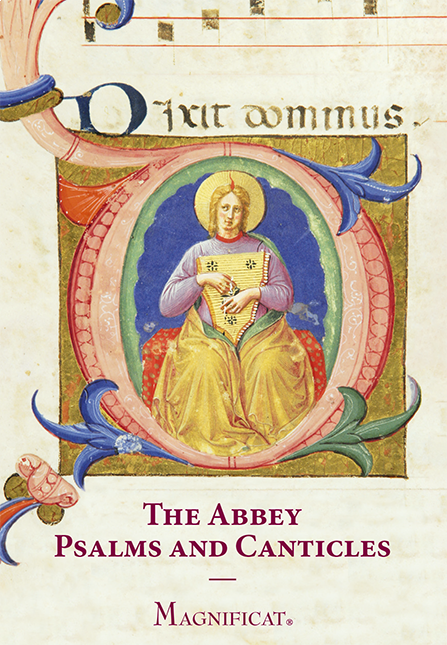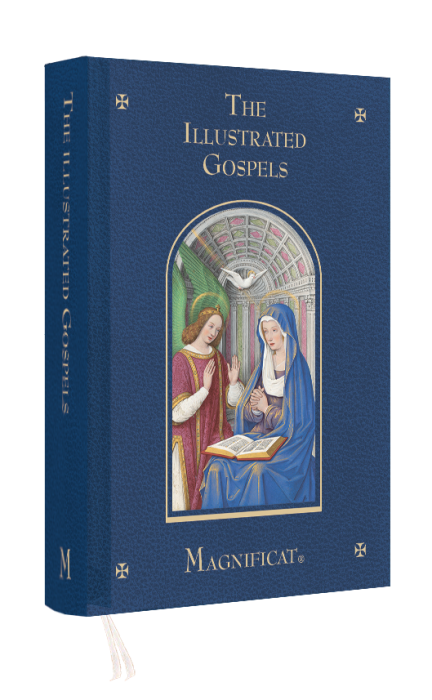“My father, my father!” cried Esau, “don’t you have a blessing for me?”
I confess I feel for that impetuous lad, who liked to hunt rather than hang around the tents, and whom his father Isaac favored, while his mother Rebecca favored Jacob. “My father, my father!” In Hebrew it’s just Abi, Abi, such as a small child might cry.
There’s power in a father’s blessing. In a special way he’s the child’s first image, though a poor and unreliable one, of God our Father. When my own father died, I’d just become a young father myself, and though we had long known he was going to die, I never guessed how it would shock me. I had to be a father, and I hardly knew how to begin. But I was lucky: My wife Debra’s father, Herb, was the best father-in-law and grandfather anybody could ask for, proud of us and our children, easygoing, generous, gentle. He was my second father for almost thirty years.
But what was I, as a son? I don’t refer to personality. I suppose I was more like Jacob than Esau, though I’m not sure that was an entirely good thing. I wish I could say I’m as good a father as my own was, or Herb. Maybe we should recall the cry of Esau. Where is the perfect child? Not in any family I know of. Then, fathers, be not sparing to bless and to give your children heart. Esau broke down like a child. Let it not come to that!
(Anthony Esolen is translator of Augustine’s Confessions (TAN), translator and editor of Dante’s Divine Comedy (Random House), and author of four volumes of essays, How the Church Has Changed the World (Magnificat).








